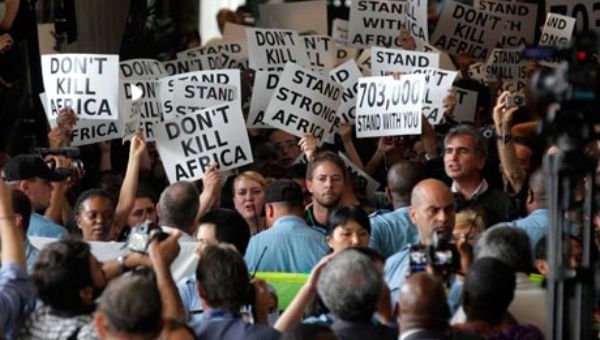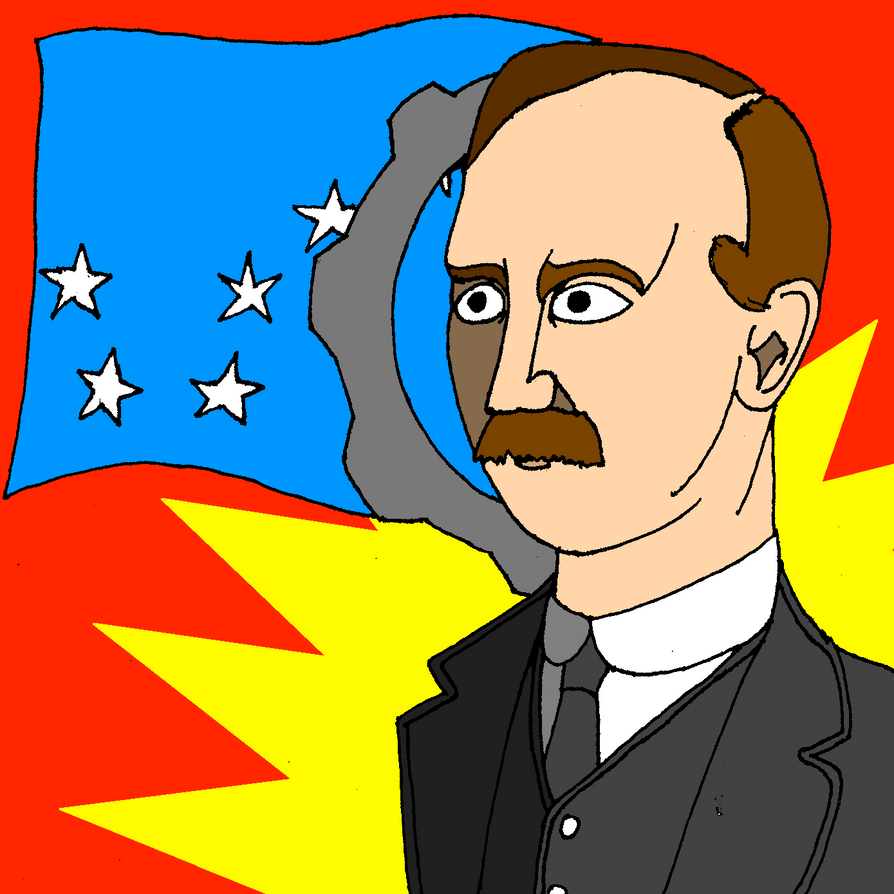United States
Paul Le Blanc: Explorations in plain Marxism: revolutionary theory, practical action

"For many developing intellectually in the
United States: Lorain County labour defends political independence

Ohioans successfully defeated Right to
United States: Impressive red-green electoral campaigns in New York, Maine

Brian Jones (left) and Howie Hawkins.
Two cheers for marriage equality

By Colin Wilson
World’s largest climate justice march amid New York’s corporate sharks
New York City, September 21, 2014.
By Patrick Bond, New York City
United States: Marxists and the lost Labor Party of 1923

1919 US Labor Party convention.
Climate and collusion: 'The window to halt runaway climate change is closing fast'

Environmental activists attempt
Caroline Lund: Reflections of a trade union militant and socialist

Caroline Lund at work.
By Barry Sheppard



